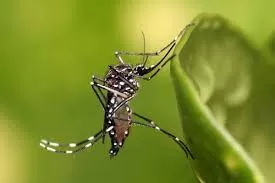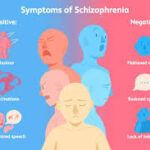New Delhi: After a gap of 13 years, Delhi has reported a case of Japanese Encephalitis (JE), a serious viral brain infection. The Municipal Health Department confirmed the case on Thursday, identifying a 72-year-old man from Bindapur in West Delhi as the patient. This marks the first JE case in the national capital since 2011, when the virus infected 14 individuals.
The patient, who was admitted to the All India Institute of Medical Sciences (AIIMS) on November 3 after experiencing chest pain, was later diagnosed with JE.
Understanding Japanese Encephalitis
Japanese Encephalitis is a zoonotic viral disease caused by the JE virus and transmitted through the bite of infected Culex mosquitoes. These mosquitoes typically breed in stagnant or dirty water and are commonly found near rice paddies and pig farms.
Dr. Harshal R. Salve, an expert at AIIMS, explained that JE symptoms include fever, muscle pain, body aches, and headaches. Severe cases can lead to confusion, seizures, loss of consciousness, and even death. The Case Fatality Rate (CFR) is high, and survivors may suffer long-term neurological issues.
Children and individuals working in high-risk areas, such as farmers and laborers near rice fields or pig farms, are particularly vulnerable. “Children are at higher risk due to their lack of immunity,” said Dr. Tushar Tayal, a consultant at CK Birla Hospital, Gurugram.
Rising Cases Across India
In 2024, 1,548 JE cases were reported across 24 states and Union Territories, with Assam accounting for 925 of these cases, according to data from the Integrated Disease Surveillance Programme.
Preventive Measures and Vaccination
To contain the spread, the Municipal Corporation of Delhi (MCD) has launched vector control measures, including reducing mosquito breeding sites and increasing community awareness. Health officials have urged the public to use mosquito repellents, bed nets, and keep surroundings clean.
JE vaccination has been part of the Universal Immunisation Programme since 2013, with two doses recommended for children. Experts emphasized the importance of vaccination alongside preventive steps to minimize the risk.
Residents are advised to consult doctors for symptoms such as unexplained fever and headaches. The health department continues to monitor the situation while intensifying efforts to prevent further cases.
This case serves as a reminder of the need for vigilance and proactive measures in combating vector-borne diseases in urban settings.











